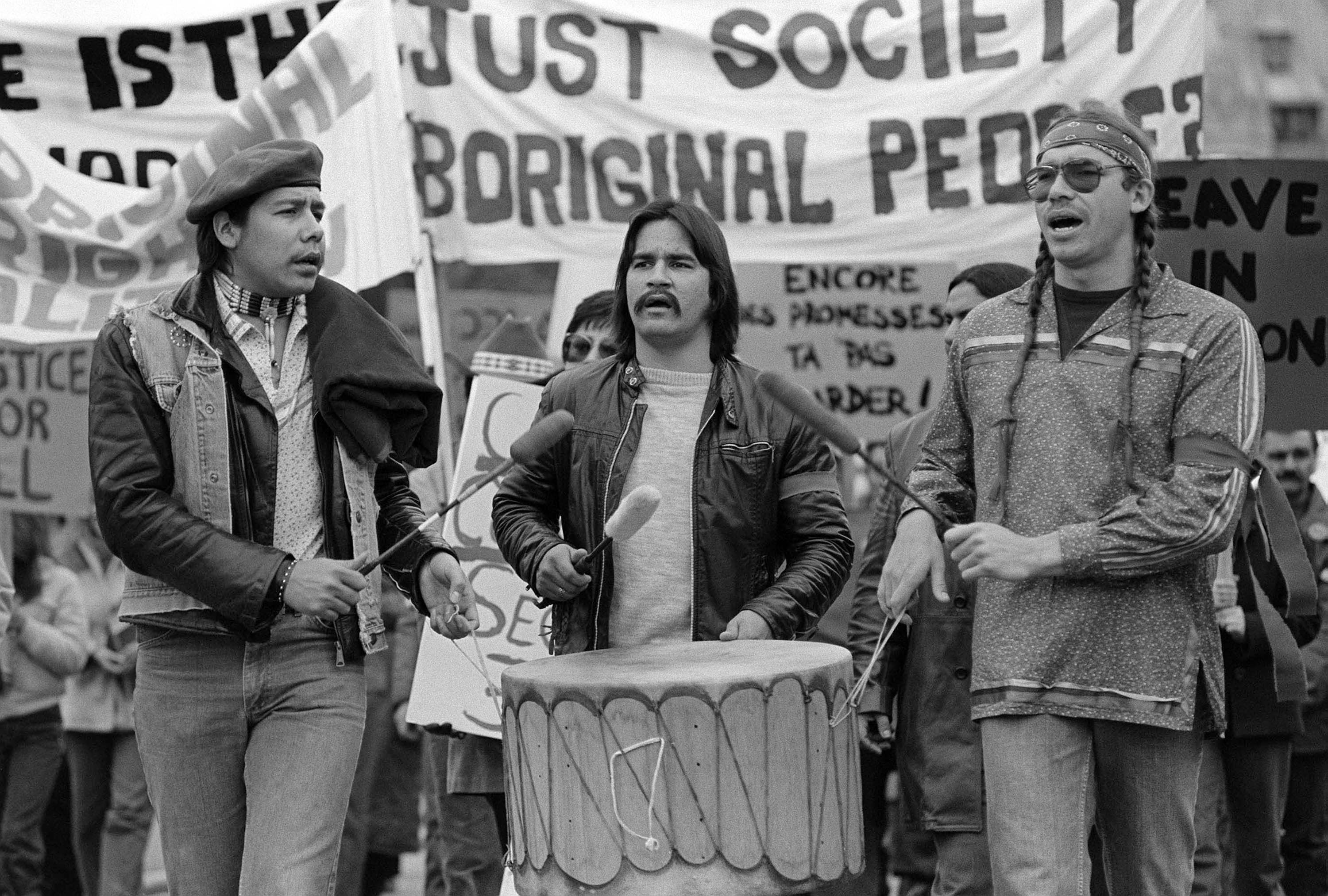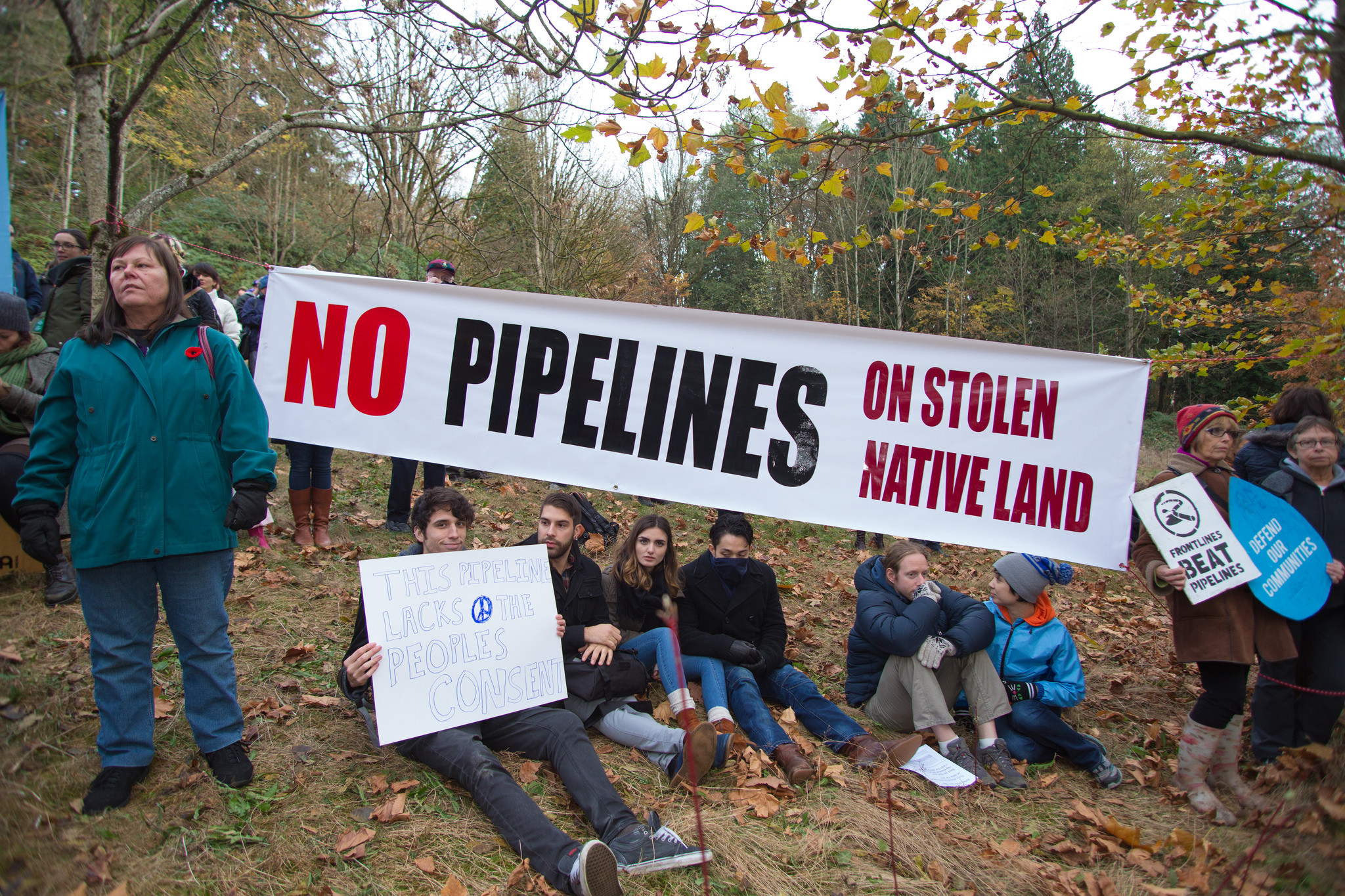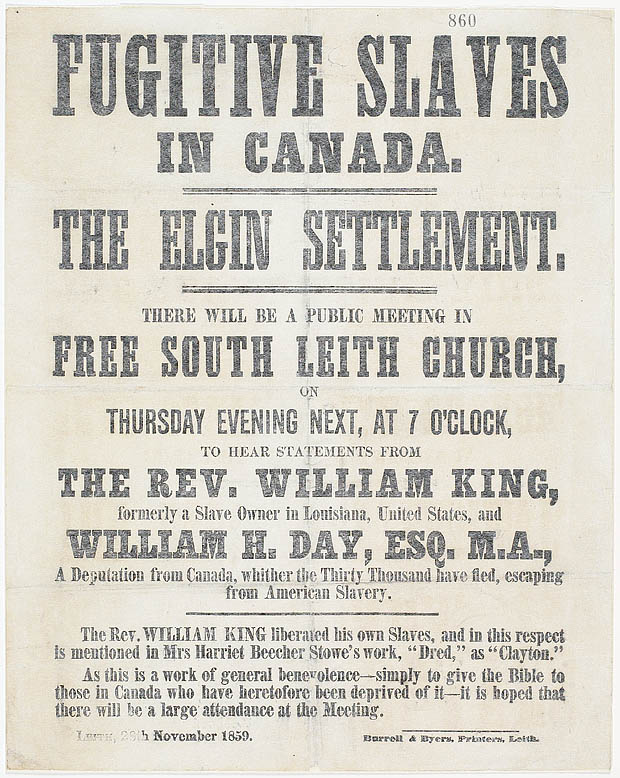Article
Rights of Indigenous Peoples in Canada
It is difficult to generalize about definitions of Indigenous rights because of the diversity among First Nations, Métis and Inuit peoples in Canada. Broadly speaking, however, Indigenous rights are inherent, collective rights that flow from the original occupation of the land that is now Canada, and from social orders created before the arrival of Europeans to North America. For many, the concept of Indigenous rights can be summed up as the right to independence through self-determination regarding governance, land, resources and culture.











